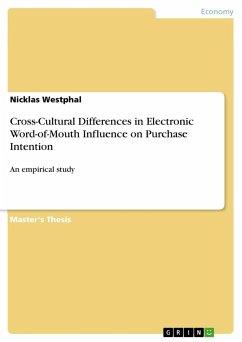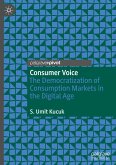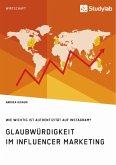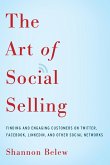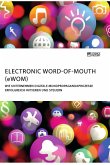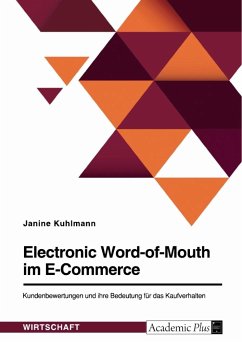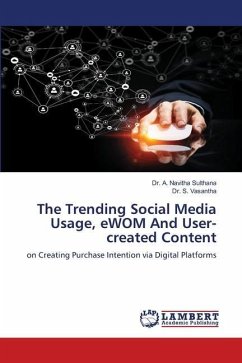Master's Thesis from the year 2016 in the subject Business economics - Offline Marketing and Online Marketing, grade: 74%, University of Warwick, language: English, abstract: International marketers are trying to encourage positive electronic word-of-mouth (eWoM) about their products and services. The question of whether consumers in different cultures respond differently to eWoM is critical if marketers are to leverage the potentially global power of eWoM. The central objective of this study is to critically evaluate whether espoused national cultural values at the individual level influence the effect of eWoM on consumers' purchase intention.Prior cross-cultural eWoM research mostly studied culture at the country level. This paper draws on perspectives in cultural psychology and cross-cultural research that argue that individuals espouse national cultural values to different degrees. Therefore, predicting the influence of culture on individuals' behaviour necessitates to assesscultural values by personality tests at the individual level of analysis. Yet, no research can sufficiently answer the question of how individual level culture may influence the effect of eWoM on purchase intention. The present research addresses this gap by measuring espoused national cultural values of power distance, uncertainty avoidance, individualism/collectivism, and masculinity/ femininity at the individual level of analysis and investigating their influence on the effect of eWoM on purchase intention.An experiment, using a repeated measures design, was conducted with 100 subjects from 18 countries. The results reveal that, as expected, consumers' purchase intentions are significantly higher after reading eWoM than after reading factual information on a company website. Further, the results show that, contrary to expectations, this effect is not significantly influenced by the national cultural values an individual espouses. This implies that traditional market segmentations based on culture are of limited relevance in the online market place. Theoretical and managerial implications are discussed.

